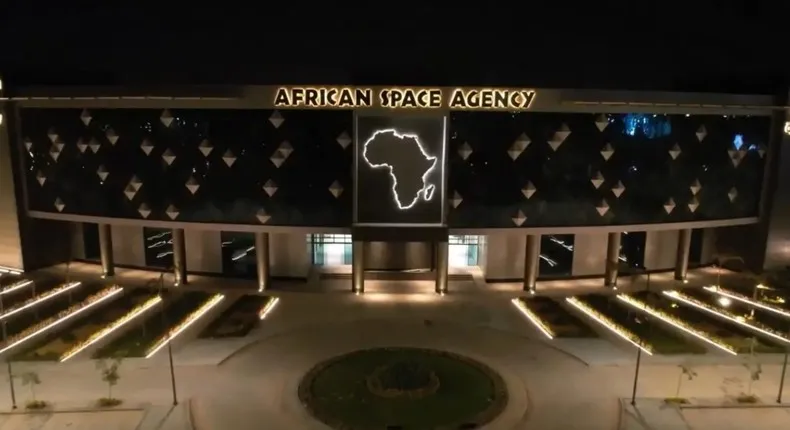
Africa Launches Its First Continental Space Agency: A New Era for Climate Resilience and Data Sharing
In a landmark achievement for the continent, Africa has officially launched its first continental space agency, the African Space Agency (AfSA), headquartered in Cairo, Egypt. This pivotal move aims to bolster climate resilience, enhance satellite infrastructure, and foster data-sharing across the region, bridging a critical gap in access to vital information.
The establishment of AfSA, under the auspices of the African Union (AU), arrives at a crucial juncture. Africa faces disproportionate impacts from climate change, while simultaneously striving to catch up with global advancements in space technology and Earth observation. This agency is poised to coordinate and amplify existing space efforts across the continent.

Meshack Kinyua, a space engineer overseeing capacity-building at AfSA, emphasized that existing space activities in Africa have been fragmented. AfSA will serve as a crucial coordination mechanism, enabling all African Union member states to access shared space data based on their specific needs, promoting efficiency and fairness.
While several African nations have already launched satellites for agriculture, climate monitoring, and disaster response, none have been launched from African soil. The new agency intends to address this by launching satellites, setting up weather stations, and ensuring data accessibility across the continent and internationally.
However, AfSA's launch coincides with shrinking global funding streams. Cuts to USAID during the Trump era, including the SERVIR initiative, have impacted climate and satellite-related programs in Africa. Despite these challenges, AfSA is collaborating with the European Space Agency (ESA) to train professionals and exchange knowledge, especially in satellite development and data processing.
Cairo launched Africa’s first satellite in 1998. By the end of 2022, the continent had launched at least 52 satellites. More than 20 African countries have established their space agencies, with plans to significantly increase the number of satellites in orbit in the coming years. Early space pioneers like Nigeria, Egypt, and South Africa faced lengthy setup processes. Danielle Wood from MIT's Space Enabled Research Group hopes that new countries can learn from these examples to accelerate their space programs.
The global space economy is estimated at $469 billion. The African space industry, valued at $19.49 billion in 2021, is projected to reach $22.64 billion by 2026, reflecting a significant growth trajectory.
The establishment of AfSA signifies a turning point for Africa, enabling the continent to harness the power of space technology for sustainable development and climate resilience. What impact do you foresee this agency having on the continent's ability to address climate change and promote socio-economic growth? Share your thoughts in the comments below.